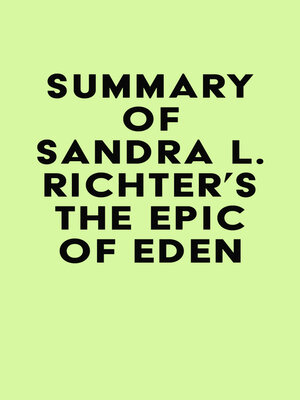
Sign up to save your library
With an OverDrive account, you can save your favorite libraries for at-a-glance information about availability. Find out more about OverDrive accounts.
Find this title in Libby, the library reading app by OverDrive.



Search for a digital library with this title
Title found at these libraries:
| Loading... |
Please note: This is a companion version & not the original book. Book Preview:
#1 The most important distinction between us and them is culture. We must step back and allow the voices of the biblical writers to be heard in the tone in which they were originally spoken.
#2 The second tendency I have come to call canonizing culture is the unspoken and usually unconscious presupposition that the norms of my culture are superior to those of someone else's. Every culture must ultimately respond to the gospel's critique.
#3 The Bible reveals God through a specific human culture. God did not choose to reveal himself in any single culture, but in several incarnations of the same culture. We should not be about the business of canonizing the culture of ancient Israel, but we must understand it in order to understand the intent of the biblical authors.
#4 The term redemption is culturally conditioned. It comes from the New Testament, but it originally came from the Old Testament. It was used to describe the laws and social customs of the ancient tribal society of which the Hebrews were a part.






